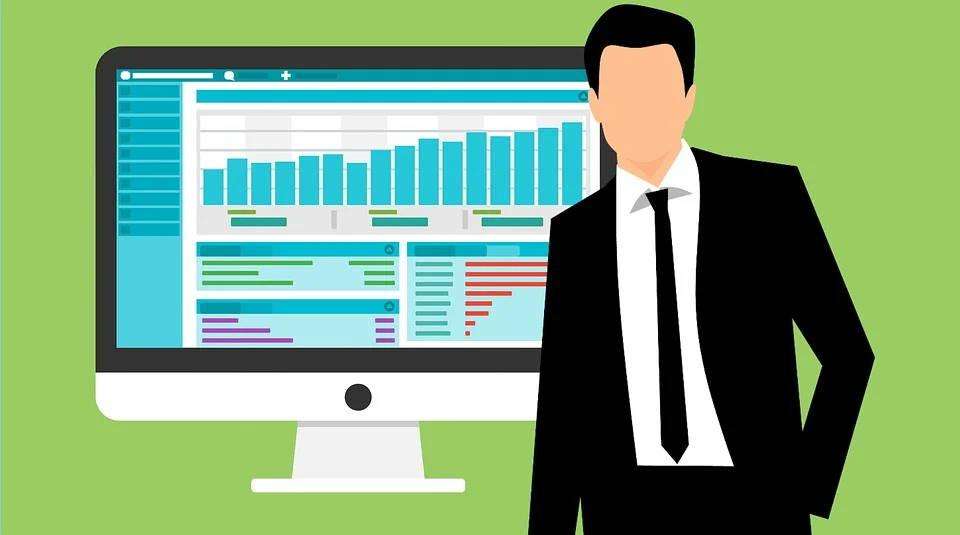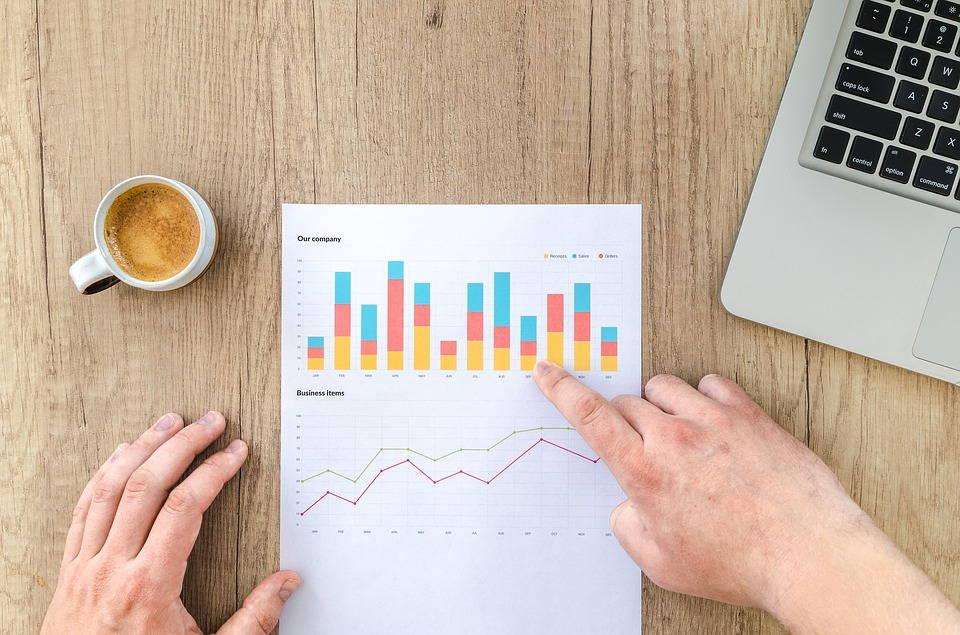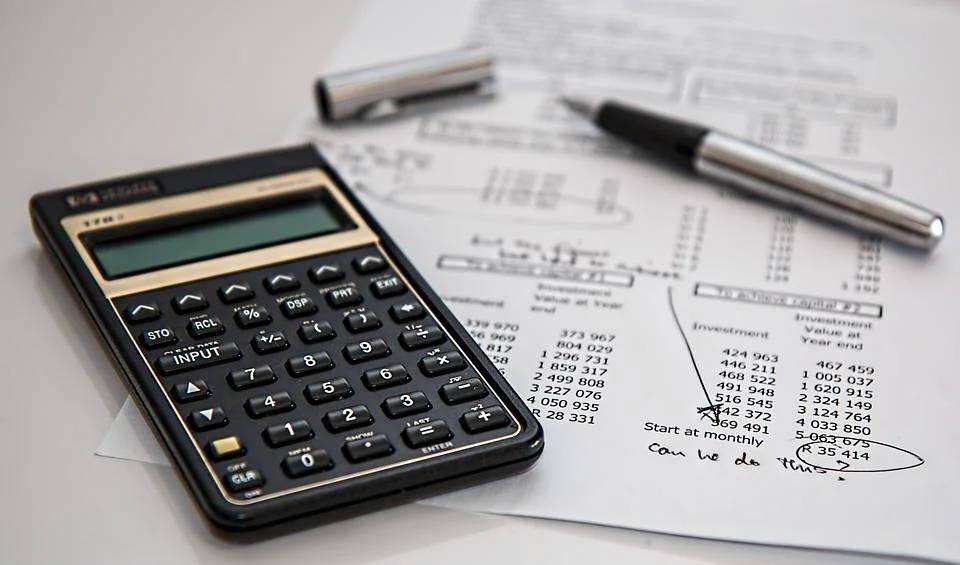As your Amazon FBA business grows, you might have one question on your mind: what’s it worth? Many Amazon sellers are looking to cash out at some point – or simply keep tabs on the value for net worth purposes. In this article, we’ll start by diving into common factors that impact value, and then touch on calculation methods, negotiation tips and what buyers are looking for when searching for an Amazon FBA business to acquire.
Use this outline to skip to any section of this guide:
- What factors impact the value of an Amazon FBA business?
- Methods to calculate price
- What potential buyers are looking for when purchasing
- Having good financials and a solid track record
- How to negotiate a fair price for your Amazon FBA business
What factors impact the value of an Amazon FBA business?
When it comes to an Amazon ecommerce business, there are a number of factors that can influence the value. Whether you’re looking to buy or sell, it’s important to understand what these components are – and how they can impact the price. Let’s take a look at some of the key considerations that affect valuation and explain how to calculate an estimated price.
Net profitability
Net profitability is arguably the most vital factor in determining your Amazon FBA business value. Because Amazon fees account for a good percentage of each sale, you need to have a healthy margin in order to operate profitably. Businesses with high margins are typically valued at a premium, as they are seen as being more stable and less likely to be impacted by changes in the marketplace – along with being able to withstand obstacles and headaches that occur in sourcing and supply chain.
Furthermore, businesses with high net profitability are usually able to reinvest in their growth, which can further increase and multiply the value of the business. Net profitability is a key metric that Amazon FBA sellers should closely monitor.
Sales history
Successful Amazon FBA businesses are built on a strong track record of sales. By generating a consistent stream of revenue, more value is created for the owners – which is directly related to the sales history of a business. The more sales a business has generated in the past… and the more consistently it has performed… the higher its value will be.
This is because a business’s sales history is a predictor of future sales – and buyers will pay more for this type of operation because they can feel more confident that the business will continue to grow in the future. The stronger a “revenue snowball” runs down a hill, the more confident you can be that it won’t stop!
Brand recognition (if any)
Having a strong brand is one of the most underrated factors that contribute to business value. It can help you create more demand for your products, command a higher price point, and attract customers who are willing to pay a premium. Plus, a well-known brand can help you win the Buy Box more often, generating even more sales. Developing a premium brand can have a significant impact on growing & scaling your Amazon FBA business – and ultimately maximizing the valuation for a sale down the road.

Product reviews
Having favorable reviews is always a huge focus when it comes to selling on Amazon – which means it’s a crucial factor when it comes to valuation too. If you have good reviews, you’ll see a boost in conversion rate, revenu and business worth. However, bad reviews will deter potential customers and lead to decreased sales and business value. Make sure to dedicate serious effort into managing your reviews effectively to make sure that they are positive and reflect well on your products.
There are a few ways to do this – such as offering incentives for customers to leave positive reviews, responding to negative reviews in a constructive way, and using review management software to track and monitor your progress. By taking these steps, you can protect and enhance your business worth on Amazon.
Number & variety of SKUs
You’d be surprised at how the number of products and variety of SKUs can impact an Amazon business valuation. A store with only a few products and a limited number of SKUs is likely to be valued at a lower multiple than a business with a large selection of products and a wide variety of SKUs. Ecommerce stores with more products and SKUs are generally more profitable and have higher growth potential – and they tend to be less risky, as they are less dependent on any one product or SKU. As such, when valuing an Amazon FBA business, it is important to take into account the number of products and SKUs that the business offers.
Owner maintenance level (time and effort required to run the company)
Amazon FBA businesses can sell for high multiples… but the level of owner maintenance required can have a significant impact on the company’s value. If an Amazon FBA business requires a high level of dedication from the owner, it can be difficult to sell because potential buyers will be concerned about the amount of time and effort required to run the company.
However, Amazon FBA businesses that are easy to maintain will often be evaluated at a high price. This is because potential buyers will see the business as a lower-stress investment that can provide a stable return with minimal effort. As a result, the level of owner maintenance required is a key factor in determining the value of an Amazon FBA business.
Age of business
While a new Amazon business might have trouble finding buyer demand, an established operation beyond 2 years can generate serious interest (if the other factors check out as well). This is because a new business has yet to prove itself, while an established business has a track record of sales and profitability. Furthermore, an established business is likely to have built up a loyal customer base, which can provide a considerable competitive advantage. Sometimes all you need to increase your Amazon store’s value is to let it run a few years!

Niche/market trends
When you’re ready to sell your Amazon FBA business, it’s important to consider how your niche and the current market trends will impact your business evaluation. Amazon businesses that are in a growth stage and have a solid positive cash flow are typically valued higher than businesses that are in a decline or stagnant stage. If your niche is experiencing growth, this will likely increase the value of your business. On the other hand, if the overall market is declining, this could decrease the value of your business.
It’s also crucial to keep in mind how operations that are dependent on a single niche may be valued lower than businesses with multiple niches and markets. When evaluating your business, be sure to take into account your product category, the current market trends, and your diversification strategy to ensure you receive a fair valuation.
Methods to calculate the value of your Amazon FBA business
If you are thinking about selling your Amazon FBA business, it is important to have a clear understanding of its value. There are a number of different methods that can be used to calculate this number – and the most appropriate method will depend on a number of factors. Some common methods of valuation include SDE, EBITDA and the Multiple of Earnings method. With each of these calculations, it is important to consider both the strengths and weaknesses in order to arrive at an accurate valuation.
Let’s start with Multiple of Earnings. This method takes into account the profitability of the business and applies a multiple to arrive at a valuation. The most common multiple used is 2-3 times annual net profits – with the advantage of this method being that it’s relatively simple to calculate. However, it can be difficult to accurately estimate the future earnings of a business, which can impact the accuracy of a valuation.
EBITDA (Earnings before interest, taxes, depreciation, and amortization)
When valuing a business, EBITDA is a common method to estimate potential earnings. EBITDA stands for earnings before interest, taxes, depreciation, and amortization. To calculate it, simply take the company’s net income and add back any interest, taxes, depreciation, or amortization expenses. This number can then be compared to other retail competitors on Amazon to get an idea of the business’s worth.
However, it is important to remember that EBITDA is not a perfect measure. It does not take into account things like working capital or other intangible assets. As such, it should only be used as one factor in valuing a business.
SDE (Seller discretionary earnings)
The seller discretionary earnings (SDE) method is one way to calculate the value of an Amazon business. To use this method, you first need to know your total revenue, followed by deducting the cost of goods sold (COGS) from the revenue to get the business’s operating profit. Then, you’ll subtract operating expenses, along with adding back any owner salaries that were deducted from the operating profit to get the SDE.
This figure represents the amount of money that the business owner would have left over if they were to sell the business today. As such, it provides a good starting point for negotiation – and it’s one of the most common ways to calculate an Amazon FBA business’s value for operations under 4 million in annual sales.
There are a number of reasons why the seller discretionary earnings (SDE) method is a good method to use for evaluating business value. First, the SDE method is based on actual results, rather than estimates or projections. This gives it a high degree of accuracy and reliability. Second, the SDE method captures all of the key drivers of value, including revenue, expenses, and profitability.
This makes it an effective tool for identifying areas of improvement that can increase the value of a business. The SDE method is relatively simple to calculate, making it easy to use for both buyers and sellers – and it’s widely accepted by both buyers and sellers in the marketplace, which increases its credibility.
What buyers are looking for when purchasing an Amazon FBA business
When buyers are looking to purchase an Amazon FBA business, they are always eyeing an operation that has a solid foundation with consistent revenue. They will also be looking for a business that has a good reputation with customers – while maintaining a high rating on Amazon. Buyers will want to see that the business has a good selection of products and that it is able to ship items quickly and efficiently… and they want to feel confident that the seller is knowledgeable about the business and is committed to providing good customer service. By considering all of these factors, buyers can be sure that they are making a wise investment in an Amazon FBA business.

Here are some of the top factors that go into Amazon FBA business value and worth:
Current assets
Current assets are a key driver of business value, and this is especially true for businesses that sell through Amazon FBA. Inventory levels, for instance, can have a direct impact on revenue and profitability. If a business has inventory that is poorly managed, they may incur storage fees or be forced to sell items at a discount. On the other hand, if a business doesn’t have enough inventory, they may miss out on revenue opportunities from the start. In either case, it’s important to carefully manage inventory levels to maximize business value.
Other current assets such as accounts receivable and accounts payable can also impact business value. For example, if a business has a lot of accounts receivable, it may indicate that customers are taking longer to pay invoices. This can put strain on cash flow and make it difficult to meet financial obligations. On the other hand, if a business has a lot of accounts payable, it may indicate that the business is struggling to generate revenue. Either way, it’s important to closely monitor current assets to ensure that they are properly managed and not having a negative impact on business value.
Projected future earnings
Many buyers will be interested in the potential for future growth, so projecting future earnings is a critical part of the valuation process. There are a number of factors that can impact future earnings – including the overall growth of the e-commerce market, changes in consumer spending patterns, and new entrants to the market. While it can be difficult to predict exactly how these factors will impact your business, understanding their potential implications is essential to getting the best possible price for your business.
Diversity and flexibility
Any business owner knows that it is important to have a diversity of products and services in order to appeal to a wide range of customers. This is especially true for businesses that rely on online sales, as the competition is fierce and customers can be easily won or lost – which is an important factor for potential buyers.
For Amazon FBA businesses, this means having a diversity of products available for sale, as well as the flexibility to adjust your product mix as needed. By having a diverse selection of products, you can ensure that there is always something new and exciting for your customers to choose from. And by being flexible with your product mix, you can quickly and easily respond to changes in customer demand.
This also applies to your supply chain and sourcing methods – with more suppliers and freight forwarders at your disposal, this can help add security in the minds of potential buyers. In today’s competitive marketplace, diversity and flexibility are essential ingredients for success.

The importance of having good financials and a solid track record
When it comes to Amazon FBA businesses, there are a few key factors that can impact the overall value of the company. Perhaps most importantly, potential buyers will want to see strong financials and a solid track record. This will help to demonstrate that the business is stable and has a good chance of continued success. Buyers will also be interested in the growth potential of the business – if the company has a proven track record of consistent growth, it is likely to be more valuable than a business that is stagnant or declining.
Finally, buyers will want to see a well-developed infrastructure in place. This includes things like an optimized fulfillment process, a robust customer service operation, and a strong marketing strategy on Amazon. Companies that have these things in place are usually more valuable than those that do not.
How to negotiate a fair price for your Amazon FBA business
When it comes time to sell your Amazon FBA business, there are a few things you need to take into consideration. First and foremost, you need to be aware of the current market value for businesses like yours. You can calculate this yourself using our two methods above in this article (SDE & EBITDA) – or by speaking with a business broker if you want more hands-on help. Once you start negotiating with potential buyers. It’s important to remember that you are in control of the situation and that you shouldn’t accept any offers that are below the current market value.
During negotiation, there are a few things you should keep in mind in order to get the best possible price. First and foremost, come prepared before you begin communicating with a potential buyer (instead of learning on the fly – as you receive question after question via email, for example). They will almost always try to lowball you, so it’s important to have a solid number in mind that you’re not willing to go below.
Up front, buyers want to know things like your average monthly sales, your profit margins, annual growth, and the other factors mentioned above in this article. Be honest with the buyer – if there are any potential red flags with your business, such as high returns or a recently-imposed product restriction, be sure to disclose this information at the start. If you are able to successfully negotiate a fair price for your business, it will be a smooth and stress-free transaction for all parties involved. By following these tips, you’ll be in a much better position to negotiate a fair price for your Amazon FBA business.

Final thoughts on Amazon FBA business worth & value
As you can see, there are many factors to consider when evaluating an Amazon FBA business. The two valuation methods we looked at today, SDE and EBITDA, are great ways to get a snapshot of the business’s current value. Keep in mind that these calculations are just estimates, and there are many other components that need to be considered when a buyer makes a final decision on purchasing an Amazon FBA business. Are you ready to start your own evaluation? Use the advice from this article to land a buyer – good luck!
